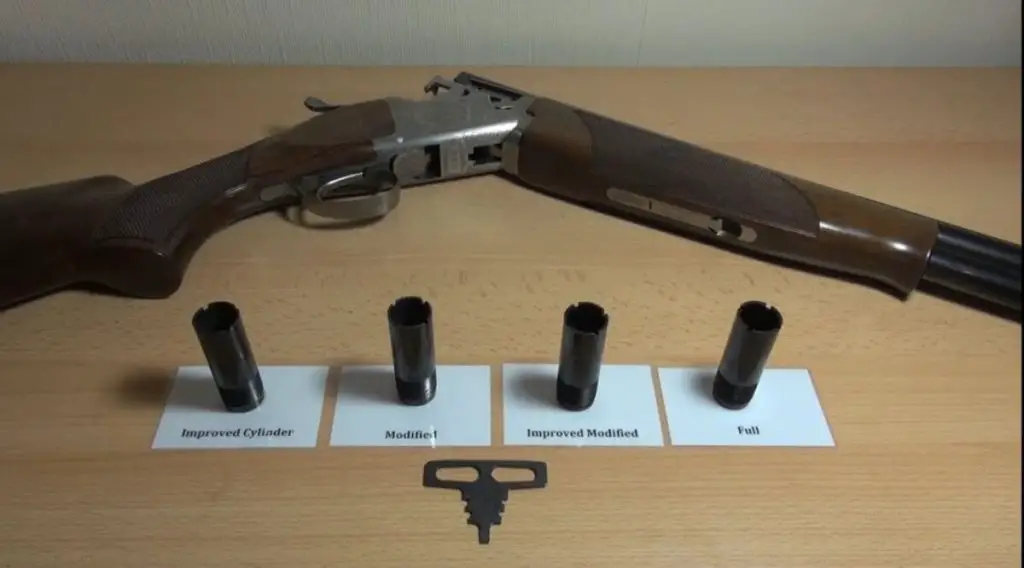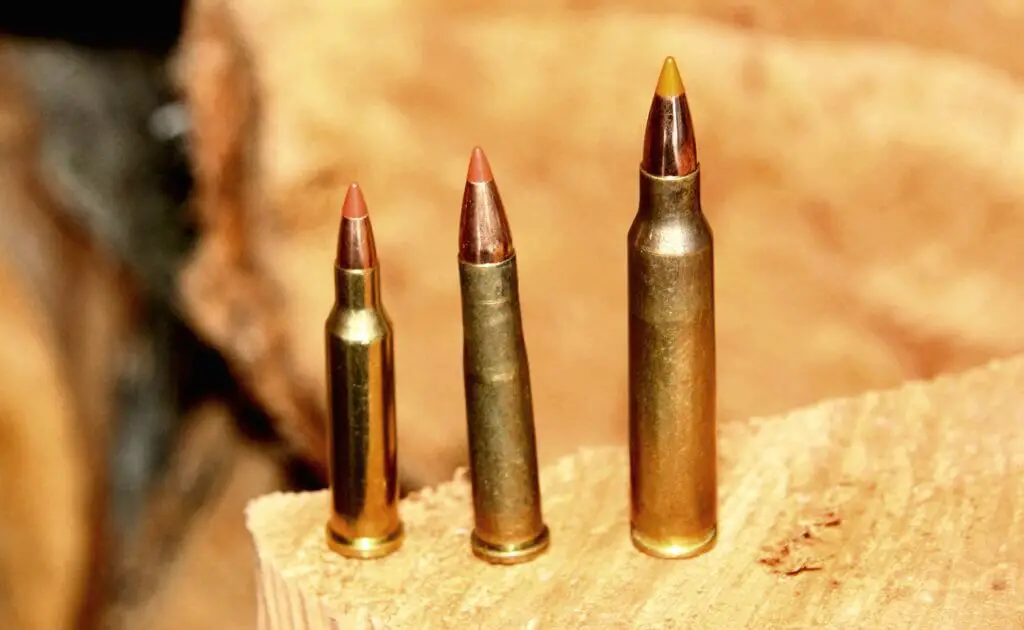When it comes to protecting and enhancing your firearm, choosing the right surface coating is crucial. Among the myriad options available, three stand out in the marketplace: DuraCoat, Cerakote, and GunKote. Each of these firearm finishes promises durability, corrosion resistance, and increased lifespan for your treasured piece. However, their differences might steer your decision in one direction or another, as each coating offers distinct advantages and potential drawbacks. This article delves deep into these three popular firearm coatings, shedding light on their distinct properties and how each might best cater to your specific needs.
DuraCoat
Developed by Lauer Custom Weaponry, DuraCoat is often favored for its user-friendly application process.
Features and Benefits of DuraCoat
DuraCoat, an air-cured product, doesn’t require any baking. It allows for an extended period of application, which makes it very forgiving for the DIY-friendly user. The finish is abrasion-resistant, providing a hard yet elastic feature that does an excellent job of preventing flaking, peeling, or scratching. It comes in a wide range of colors that can be mixed and matched for a unique and personalized finish.
Drawbacks of DuraCoat
Although DuraCoat offers excellent benefits, it does have a few potential drawbacks. The main one is the curing time; even though it dries to touch in about an hour, DuraCoat takes a few weeks to reach complete hardness. This long curing period might not be ideal for those looking for a quick protection solution.
Cerakote
Cerakote, product of NIC Industries, is recognized in the shooting industry for its superior performance and reliability.
Features and Benefits of Cerakote
Cerakote is a Ceramic based finish that can be applied to metals, plastics, and woods. Its major selling point is the incredible hardness, making it highly resistant to scratches and abrasion, even more so than DuraCoat. It also boasts excellent corrosion resistance, with heat resistance up to 1800°F. This makes it a preferred choice for high temperature applications, like suppressors. The finish is also thin, thus ensuring that applying it wouldn’t interfere with the fitting of the gun parts.
Drawbacks of Cerakote
On the downside, Cerakote is a bit more challenging to apply than DuraCoat. The process demands a meticulous hand and baking to cure, making it less DIY-friendly. The curing process can cause it to become brittle, making it less impact resistant.
GunKote
Manufactured by KG Industries, GunKote is another durable firearm finishing option in the mix.
Features and Benefits of GunKote
GunKote is a thin hard coating that offers strong resistance to abrasion, corrosion, and chemicals. Its selling point lies in the fact that it is a thermally cured product – thus, it can withstand high temperatures, up to 500°F. It comes in about 16 different colors and is notable for not changing dimensions or interfering with the overall functionality of the firearm.
Drawbacks of GunKote
The primary disadvantage of GunKote is that it is notably thin, so it might not hide pitting or minor scratches on the firearm’s surface. Similar to Cerakote, it requires baking for curing, making it less appealing for those looking for a DIY-friendly finish.
DuraCoat vs Cerakote vs GunKote: The Comparison
| DuraCoat | Cerakote | GunKote | |
|---|---|---|---|
| Temperature Resistance | Low | High | Medium |
| Application Process | DIY-Friendly | Professional Needed | Professional Needed |
| Durability (Abrasion/Scratch Resistance) | High | Highest | High |
| Curing Method | Air Cure | Heat Cure | Heat Cure |
This comparison makes it clear that there is no one-size-fits-all solution when it comes to firearm finishes. Depending on your specific needs and circumstances, you may find one finish to be more suitable than the others. For example, if you intend to DIY the application and require a highly durable, abrasion-resistant finish, DuraCoat may be your best bet. On the other hand, if you need a finish that can withstand high temperatures and don’t mind paying for a professional application, Cerakote or GunKote might be the optimal solution.
In the end, it is about understanding your needs, assessing the options, and making an informed decision to protect and enhance your firearm’s lifespan and appearance.
Frequently Asked Questions
1. Which is better: DuraCoat or Cerakote?
Both DuraCoat and Cerakote are durable firearm coatings, but they have some differences. DuraCoat is a spray-on finish that offers excellent rust protection and comes in various colors. It can be applied to almost any type of firearm and dries quickly. Cerakote, on the other hand, is a ceramic-based finish that provides exceptional hardness and abrasion resistance. It is available in numerous colors and can also be applied to various substrates. Ultimately, the choice between DuraCoat and Cerakote depends on personal preference and the specific requirements of the firearm.
2. Is GunKote any good?
GunKote is a popular firearm coating known for its durability and corrosion resistance. It is a heat-cured finish that forms a protective barrier on the metal surface of a gun. GunKote has a reputation for performing well under extreme conditions, including high temperatures and exposure to chemicals. It also offers a wide range of color options. However, the application process for GunKote requires careful preparation and proper curing, so it is essential to follow the manufacturer’s instructions to ensure optimal results.
3. What is the toughest finish on a gun?
Among the various firearm finishes available, DLC (Diamond-Like Carbon) coatings are considered some of the toughest and most durable options. DLC is a type of thin film coating that provides exceptional hardness and excellent wear resistance. It bonds with the metal at the atomic level, creating an extremely durable barrier. While DLC coatings are commonly used on high-end firearms, they are also more expensive than other finishes.
4. What’s better than Cerakote?
Cerakote is widely regarded as one of the best and most popular firearm coatings available. However, there are a few alternatives that some people may prefer for specific purposes. For instance, if you require a coating that provides increased lubricity, you might consider NP3. NP3 is a nickel-based finish that offers excellent corrosion resistance, self-lubrication, and low friction properties. Another alternative is PVD (Physical Vapor Deposition) coatings, such as TiN (Titanium Nitride) or DLC (Diamond-Like Carbon), which provide exceptional hardness and durability.
- How to Put a Scope on a Mosin Infantry in Tarkov: A Quick Guide - November 7, 2024
- How to Edit a Scope Box in Revit: A Step-by-Step Guide - November 6, 2024
- How to Put a Scope on Mosin Tarkov: Expert Tips for Gamers - November 6, 2024


